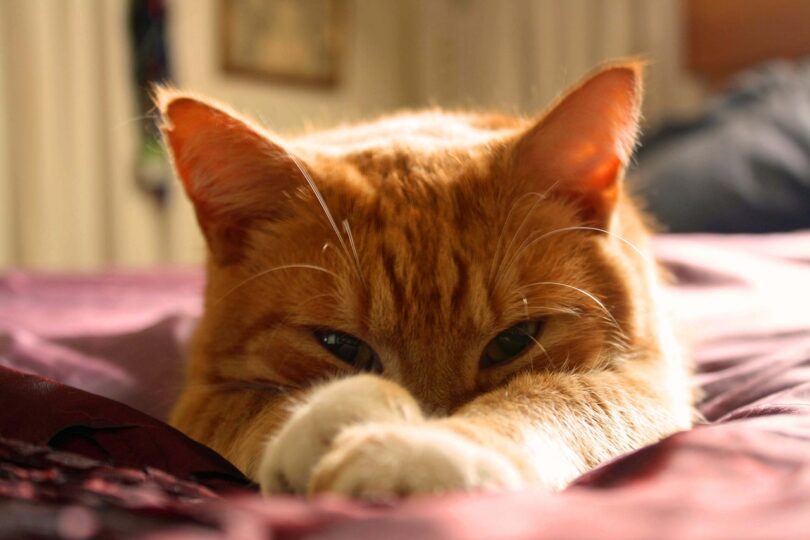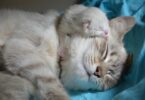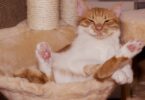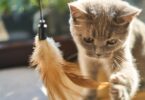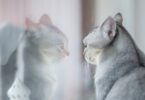If you’ve ever wondered why your cat takes an interest in your beard, you’re not alone. This behavior, though unexpected, is perfectly normal in the feline world. Here are six intriguing reasons why cats are drawn to beards:
1. Resemblance to Fur
Cats are natural groomers, and they often extend this behavior to their human companions. Since humans aren’t as hairy as cats, the beard area is one of the closest resemblances to their own fur. The coarse texture of beard hair provides a tactile experience that cats find enticing, leading them to explore it through nibbling, sniffing, and licking.
2. Tasty Traces
As a man eats or drinks, tiny particles may become trapped in his beard. While these particles might go unnoticed to us, they create an interesting olfactory and gustatory experience for our feline friends. Cats, reliant on their keen sense of smell, find the investigation of a beard a gastronomic adventure.
3. Scent Marking
Cats use scent marking to establish territory and express affection. When a cat rubs its face or nose against you, it’s transferring pheromones onto your skin. This marks you as part of their family and a safe presence. Later, encountering these familiar scents can create a sense of comfort and security for your cat.
4. Comfort and Stress Relief
Nuzzling or rubbing against a beard can be a soothing gesture for cats experiencing stress or anxiety. This physical contact stimulates the release of natural endorphins, providing a calming effect. Cats appreciate feeling secure, and a soft nuzzle against a beard can offer them reassurance.
5. Seeking Attention
When a cat ventures into your personal space and interacts with your beard, it’s often a way of seeking your attention and engaging in playful behavior. This is their way of saying hello and ensuring their affections don’t go unnoticed.
6. Scientific Insights
Research has shown that cats may react differently to photographs of men with various beard lengths and colors. Interestingly, longer beards tended to attract more negative reactions from cats in the study. While this study is limited in scope, it suggests there may be more to discover about cats’ preferences regarding facial hair.
Maintaining Healthy Interactions
While cats’ interest in beards is generally harmless, it’s important to consider a few health precautions. Avoid allowing your cat to touch or groom your beard if you have any skin lesions or wounds, as this can introduce bacteria or yeasts. Additionally, be cautious about transmissible conditions like ringworm, especially if your cat shows signs of it.
In conclusion, your cat’s fascination with your beard is likely a gesture of affection and curiosity. Embrace it as a compliment, and if you ever encounter aggression related to beard interaction, seek advice from a veterinarian. Remember, every cat is unique, and their behaviors can provide valuable insights into their individual personalities.

